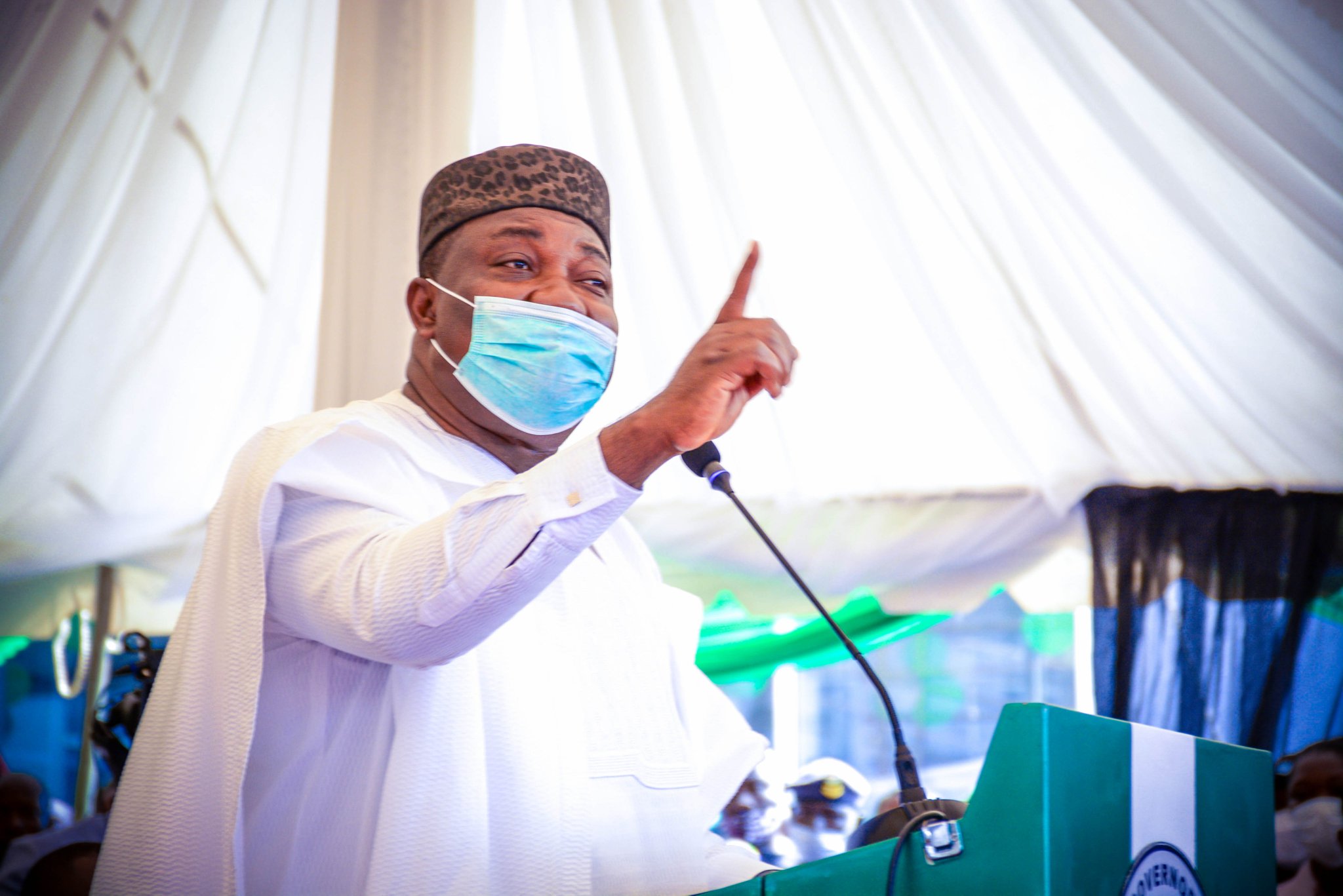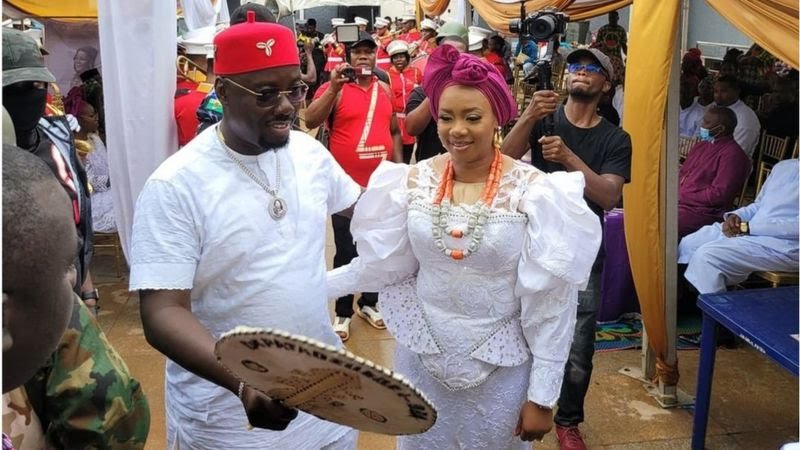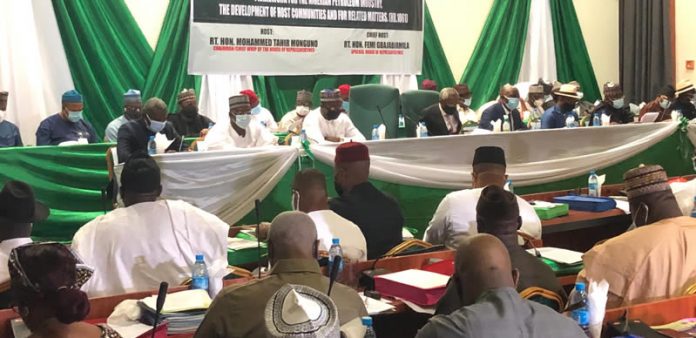You could call it premonitions, dreams, forecasts, or revelations. I have a clear guesstimate of possible scenarios that will shape our political future and help us better understand what will most likely happen before, during, and after the 2023 elections in Nigeria. I have untangled the scenarios into four different periods or eras because the 2023 elections are more of a process than a panoply of events. The first era under review is the congresses and convention of the two major political parties that will lead to the emergence of the party executives that will midwife party convention that will produce presidential candidates. The second era is the party conventions/primaries where the candidates that will fly the flag of the different political parties are selected. The third era is the campaign period and the elections proper. The fourth era is post-election, with many dramas played by the gladiators that win or lose. The different period or era is viewed from an optimistic, pessimistic, or realistic prism.
In the three-part article that will appear in this column within the next three weeks, I will share the different scenarios I saw in my “dreams” and the implications for the future of our country and its development trajectory. Each week’s article will develop each of the eras mentioned above and explore the possible scenarios given existing political actors, political environment, and political realities. Although we agree that the future is unknown and a day in politics is like a thousand days elsewhere, the pattern and critical trends emerging can help the politically discerning persons decipher and navigate the political future pre and post 2023 election.
I must point out ab initio that these are mere projections, albeit based on analysis of facts gleaned from current realistic political actors, processes, and environment. They do not represent the objective political realities of the future. There may be deviations and minor differences between these forecasts and actual events of the future, but I am bold to state that the differences may not be significant. History does not suggest anybody can predict future political events with precision as there are constantly intervening variables. These scenarios map the political scenes and help people make sense of the unfolding political permutations and intrigues that follow in the next few months.
The congresses and national convention of the parties in Nigeria to elect party officers, especially the two major political parties, are usually an intricate, tense, ding dong affair, full of intrigues, horse-trading, alliances, and betrayals. In recent years in Nigeria, the national convention of the major political parties is about power blocs and a dress rehearsal of the battle for the presidential ticket rather than individual delegates’ desires or ideological leaning.
Advertisement
The substantial nexus between democracy and party politics means that the congresses/convention set the tone for the future of a political party and invariably the country if elected to power. The degree of democratic process applied in electing party officials and party officials’ quality determine the party’s organisational capacity, resilience, inclusiveness, and commitment to democratic rules.
For the ruling All Progressives Congress (APC) and the opposition People’s Democratic Party (PDP), the congresses/national convention to elect party officers would likely indicate what lies ahead for democracy in the country and perhaps the sustainability of the entire Nigerian entity. Suppose the two parties continue with a lack of internal democracy, imposing party officials and allowing vested interests to exploit narrow ethnic, geo-regional, religious, or other primordial considerations of the representatives to gain ascendancy in the party. In that case, they may invariably be singing the Nunc dimittis for the party and, by extension, democracy in Nigeria.
The first step towards the congresses is usually selecting or electing delegates for the congresses/ national convention. Each of the political parties has carefully laid down procedures on how delegates are chosen or elected. But in most cases, influential party leaders who are connected, officeholders, the rich and powerful, manipulate this process to their advantage. We have seen instances where officeholders and governors literarily appoint all party delegates and officials instead of the party men and women electing officials. This anomaly gives enormous powers and undue advantage to officeholders, party leaders, especially the governors, and makes the congresses/ convention look more like a coronation than an election of party leaders.
Advertisement
In most cases, the party leaders elected or appointed are a pointer to which geopolitical zone and who would become the presidential candidate, senators, and members of the House of Representatives, at the federal level and governorship candidates and legislators at the state level. It means that having been elected, the party leaders make it a duty to ensure that their sponsors and preferred aspirants become the party candidates either by hook or by crook. This is often the root of the internal conflict in political parties.
For the two major political parties’ congresses/ national convention, I foresee internal implosion if they continue with the culture of imposition and lack of internal democracy in whatever guise. The two major political parties will be holding their national conventions to elect new party executives by the last quarter of 2021/the first quarter of 2022. Three possible scenarios will play out in the APC and PDP: The first scenario is that governors, due to their power of patronage, access to state purse and collegiate arrangement may hijack the process and put together executives that will serve their interest or aspiration to the exclusion of major political actors. There will be a high level of rumbling among the different power blocs and different potential aspirants of the party, most of whom will lose out.
The second scenario is that key leaders of the party, very often potential candidates and those with connection to major power brokers, due to their economic power or perceived influence, hijack the political process in the name of “consensus” or “preferred slate”, and some governors’ revolt. For instance, in the PDP, a rich south-south Governor may be leading one bloc, whilst a former presidential candidate may lead another bloc and some governors leading a third bloc. The APC may witness the emergence of three power blocs, one lead by politicians with a solid connection to the presidency; another by a rich, powerful former Governor of Lagos and the third being majority of governors elected on the platform of the party jostling for control of the party’s soul.
The third scenario is that the parties allow transparent popular internal elections, leading to the emergence of acceptable candidates who best represent the interest of the party’s grassroots and are in tune with the parties’ ideologies. This scenario is the most unlikely. Unfortunately, we do not have a culture of internal democracy which is the primary factor for persistent intra-party conflict, so I do not see the third scenario playing out.
Advertisement
Further analysis of the scenarios above indicates that the emergence of the first and second scenarios means a power bloc or two will lose out, and by extension, their chances of surviving as candidates in 2023 are almost nil. Any power bloc that loses may leave the party to look for other platforms to pursue their interest. The above may provide the basis for new internal party conflict and many court cases to address the perceived injustices arising from the non-conduct of proper congresses.
Meanwhile, the party officials that will emerge from the congresses/ convention will owe loyalty to a few persons in a clique and may not command the respect of majority party members. This anomaly will be the first sign of party implosion before the 2023 elections. Two pertinent rhetorical questions jump to mind: With no transparent internal democracy in the parties, what are the implications for democracy and party politics in Nigeria? What will be the implications of a sudden implosion of the parties on our political landscape?
One may postulate with a high degree of certainty the following circumstances surmise: first, the earlier the congresses and conventions occur, the more likely the major parties will splinter before the 2023 elections. Second, positioning the geopolitical zones that will produce the presidential candidates will be vital in deciding the area the national chairman of the respective parties will come from and even the parties’ future since there is an apparent North/South divide. Third, both parties may encounter one common problem: they pathologically have no respect for their own rules. Fourth, the parties do not have the institutional resilience to survive an upheaval among their key stakeholders as the parties are weaker than their principals. Fifth, crises will define the party congresses/ convention season while the judiciary will preside over the mayhem with potential risk to the judiciary’s reputation.
I advise that the parties’ leadership should do everything possible, as provided in their respective party constitutions and guidelines, to have a transparent congresses/ convention that substantially reflects popular sentiments. Doing this will strengthen the parties and, by extension, democracy.
Advertisement
Whichever scenario plays out, the emergent party leaders from the congresses/ convention, no matter the imperfections of the process that brought them, ensure that all uphold the rules and tenets of the party in all subsequent parties’ primaries and conventions. Their allegiance should be to the party and the country and not to any vested interest or whoever was instrumental in their emergence as party officials.
As the electoral umpire, the Independent National Electoral Commission (INEC), empowered by law to monitor the congresses, should be firm in enforcing the rules and more proactive in the performance of their duties. They should ensure that the congresses follow the guidelines enshrined in the constitutions and bylaws of the political parties. INEC should never be a tool used in manipulating the outcome of congresses, as may have been the case in the past.
Advertisement
The Nigerian judiciary has a role to play. In the book “How Democracies Die” by Steven Levitsky and Daniel Ziblatt, one of the conclusions is that bad politics and polarisation weakens the judiciary and media more than anyone can imagine. Post congress litigations in Nigeria have seen contradictory rulings and pronouncements by courts of coordinate jurisdiction. These poor judgements convolute the system and leave the reputation of the judiciary in tatters. The judges should rise above pettiness and brigandage. The National Judicial Council should ensure that no judge gets away with judicial rascality.
If we must get it right in 2023, if the parties will be vital to strengthen democracy and our democracy is to continue to thrive, the signpost would come from the conduct of the party congresses/ convention this year and early 2022. All the political actors must ensure that parties conduct their congresses with utmost transparency and integrity. For herein might lie the fate of our democracy and the republic.
Advertisement
Views expressed by contributors are strictly personal and not of TheCable.







